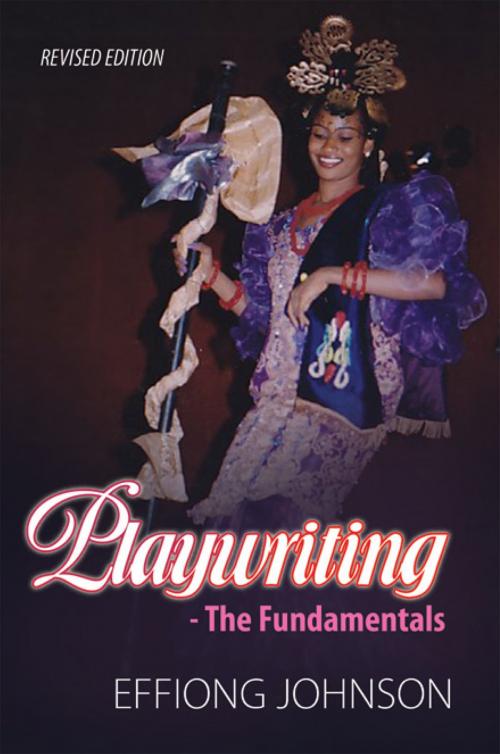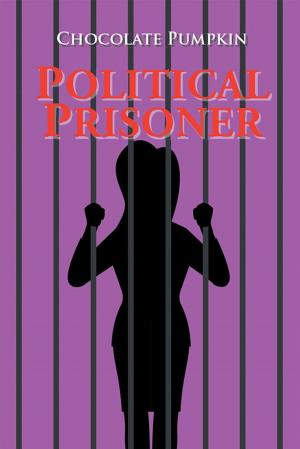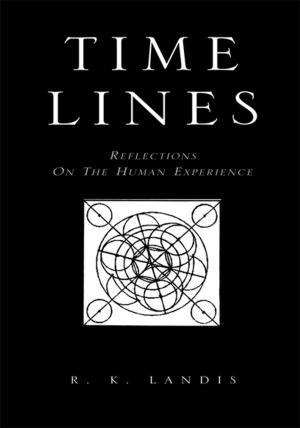| Author: | Effiong Johnson | ISBN: | 9781453584910 |
| Publisher: | Xlibris US | Publication: | February 16, 2011 |
| Imprint: | Xlibris US | Language: | English |
| Author: | Effiong Johnson |
| ISBN: | 9781453584910 |
| Publisher: | Xlibris US |
| Publication: | February 16, 2011 |
| Imprint: | Xlibris US |
| Language: | English |
Summary The Nigerian theatre milieu is trapped in a cobweb of strangulating strings. Little wonder, therefore, that its growth has been impaired over the years. The numerous multi-tribal thrusts in Nigeria disallow the full growth and development of theatre forms and trends. The university and other degree-awarding institutions engaged in theatre studies, have not carved out uniquely distinguishing styles that can be said to be theirs. The Nigerian theatre makers themselves are not style-driven and technique-creating. An ideal repertory of form can hardly be identified with them in a sustainable manner. The National Theatre set up as a symbol of the nation's cultural pride, now stands as a totem for the nation's creative shame; The state-owned Cultural Centre Boards are devoid of objectives in focused cultural promotions. Many graduates of the arts-prefer other creative businesses. A few die-hards are bedeviled by frustrating dilemmas as businessmen refuse to patronise theatre because they consider it a wasteful venture, while international agencies shun it because of its profit-making outlook.
Summary The Nigerian theatre milieu is trapped in a cobweb of strangulating strings. Little wonder, therefore, that its growth has been impaired over the years. The numerous multi-tribal thrusts in Nigeria disallow the full growth and development of theatre forms and trends. The university and other degree-awarding institutions engaged in theatre studies, have not carved out uniquely distinguishing styles that can be said to be theirs. The Nigerian theatre makers themselves are not style-driven and technique-creating. An ideal repertory of form can hardly be identified with them in a sustainable manner. The National Theatre set up as a symbol of the nation's cultural pride, now stands as a totem for the nation's creative shame; The state-owned Cultural Centre Boards are devoid of objectives in focused cultural promotions. Many graduates of the arts-prefer other creative businesses. A few die-hards are bedeviled by frustrating dilemmas as businessmen refuse to patronise theatre because they consider it a wasteful venture, while international agencies shun it because of its profit-making outlook.















